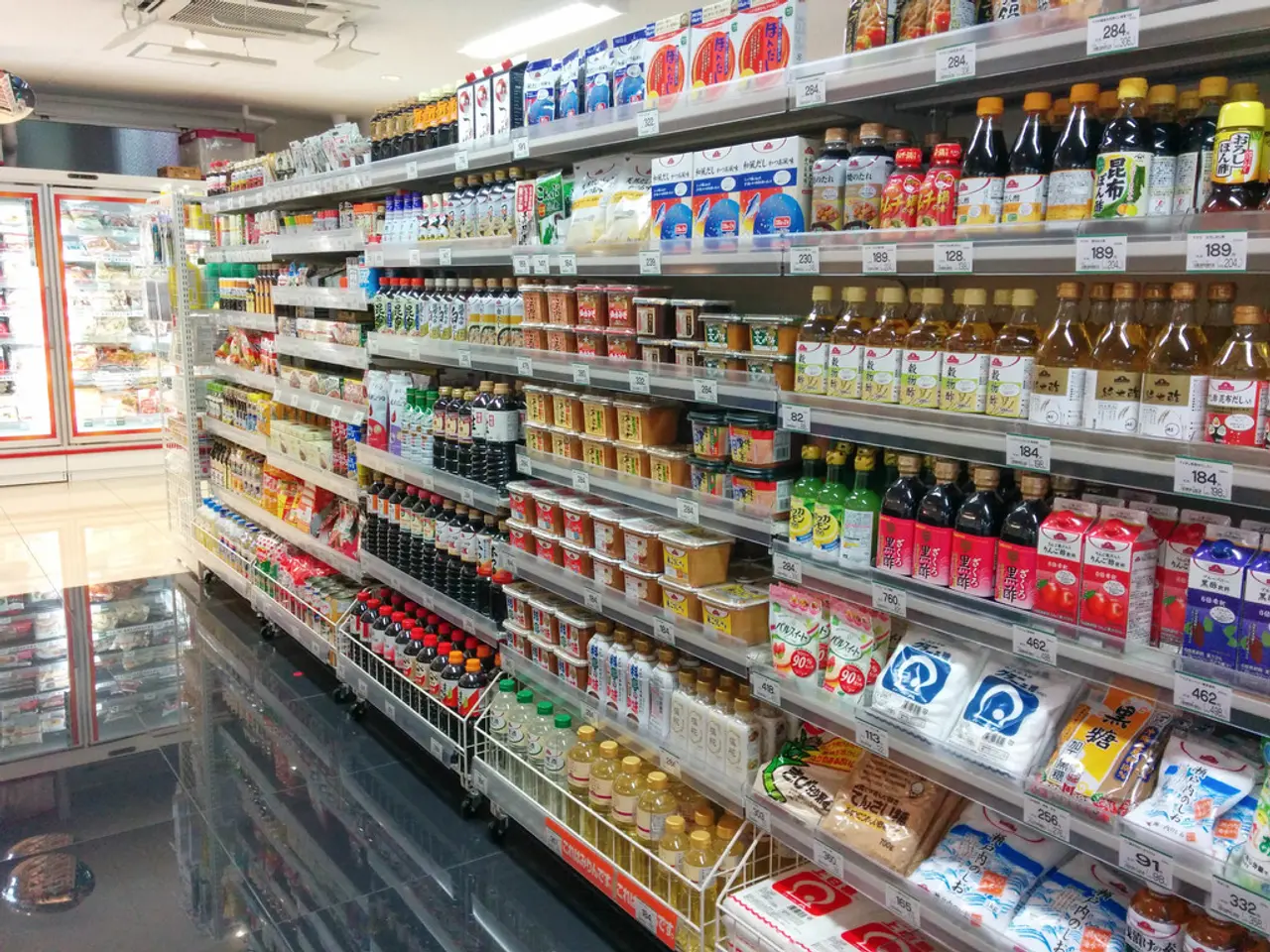Industries Most Prone to Franchising
In the ever-evolving world of business, several industries have consistently demonstrated strong performance and resilience within the franchise model. These sectors thrive due to factors such as consumer demand, brand recognition, operational efficiency, and recurring revenue streams. Below, we delve into the most successful industries and the reasons behind their franchise success.
## Food & Beverage
The food and beverage industry, encompassing quick-service restaurants (QSRs), fast food, coffee shops, cafes, smoothie bars, ice cream parlors, and more, is one of the most successful sectors in franchising. Brands like Dunkin’ and Subway have built their success on strong brand recognition, scalable operations, and diversified revenue streams.
QSRs, such as Dunkin’, Dairy Queen, Subway, and Wingstop, are among the most successful franchise industries globally, with thousands of units and billions in sales. Their success stems from several key factors:
- **Strong Brand Recognition:** Established brands like Dunkin’ and Dairy Queen benefit from customer loyalty and trust, making it easier to attract repeat business. - **Scalable Operations:** These chains offer standardized menus and processes, ensuring consistency and quality across locations, which is vital for franchisor and franchisee success. - **Diversified Revenue Streams:** Many QSRs offer both food and beverages, increasing per-customer spend and daypart opportunities (e.g., breakfast, lunch, dinner, snacks). - **Innovation and Adaptability:** The sector is quick to adopt technology (e.g., self-ordering kiosks, delivery, drive-thru), enhancing convenience, speed, and customer satisfaction. - **Lower Costs for Some Models:** For instance, drive-thru-only and delivery-centric models reduce real estate and operational costs, making them attractive for both urban and suburban markets. - **Financial Viability:** Many QSR franchises boast strong average EBITDA margins (e.g., Subway franchisees reportedly earn above 12% ROI), supporting profitability for operators.
Beyond classic QSRs, brands in the fast-casual, pizza, sandwiches, and even sushi segments have thrived by combining food quality with speed and brand identity. For example, Rock N Roll Sushi and Jimmy John’s emphasize unique dining experiences and have seen rapid growth through franchising.
## Education Services
Companies like Sylvan Learning have built successful franchise models by addressing a consistent need—personalized education and academic support—and leveraging the trust in a national brand. The recurring nature of educational services provides stable cash flow for franchisees.
## Health & Wellness
MassageLuXe and other wellness franchises capitalize on growing consumer interest in self-care and preventative health. Their membership-based models generate recurring revenue, enhancing franchisee stability.
## Home Services
Brands such as Poolwerx offer multiple revenue streams (maintenance, equipment sales, repairs) that provide both recurring revenue and diversified income sources, cushioning against seasonal downturns.
## Why These Industries Succeed as Franchises
- **Recurring Demand:** Food, education, and maintenance services are essential and generate repeat business. - **Brand Power:** National or international recognition reduces customer acquisition costs. - **Standardized Systems:** Proven operational models, training, and support minimize risk for franchisees. - **Technological Integration:** Adoption of online ordering, delivery apps, and smart kiosks keeps businesses relevant and efficient. - **Multiple Revenue Streams:** Many franchises (especially in home services and QSRs) diversify income, increasing resilience. - **Market Trends:** The overall franchise industry is growing at 5% annually, with restaurant franchises leading the way in 2025.
## Comparison Table
| Industry | Example Franchises | Key Success Factors | |-------------------------|---------------------------|---------------------------------------------------------| | QSR/Fast Food | Dunkin’, Subway, Wingstop | Brand loyalty, scalability, tech adoption, lower costs | | Education | Sylvan Learning | Recurring demand, trust in brand | | Health/Wellness | MassageLuXe | Membership model, growing consumer interest | | Home Services | Poolwerx | Multiple revenue streams, essential services |
## Conclusion
Food and beverage franchises—especially quick-service restaurants—are the most prominent and successful within the franchise model due to their strong brands, operational scalability, adaptability to technology, and diversified revenue streams. Education, health/wellness, and home service franchises also thrive by meeting recurring needs and offering stable, recurring income for franchisees. The overall growth of the franchise sector, particularly in restaurants, underscores the enduring appeal of these models for entrepreneurs.
- In the food and beverage sector, brands like Dunkin' and Subway have utilized strong brand recognition, scalable operations, diversified revenue streams, innovation, and adaptability to achieve notable franchise success.
- Education franchises, such as Sylvan Learning, have prospered by catering to a persistent need for personalized education and academic support, while leveraging the trust in a nationally recognized brand, thereby providing stable cash flow for franchisees.




